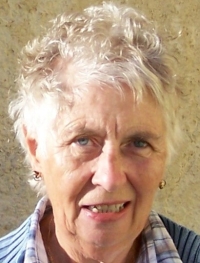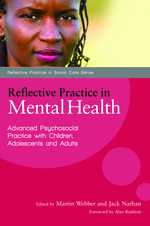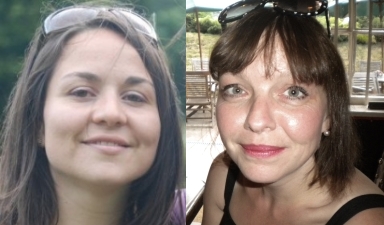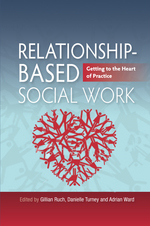John Merges on Social Enjoyment Groups for young people with Autism Spectrum Disorders
“Social enjoyment, as both an important life and employment skill, needs to be taught and practiced as early as possible. We need to provide our young people with safe, predictable situations to practice enjoying a social interaction. The successes I’ve seen in my own work demonstrate that social enjoyment is indeed a skill – and thus, can be learned.”









